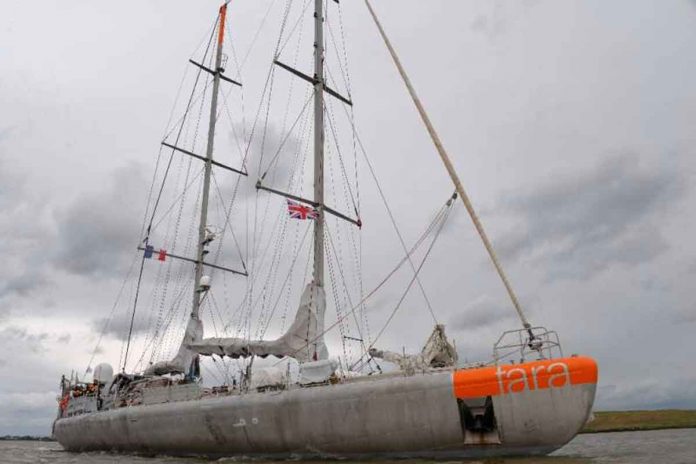Scientists began a five-month mission to study how plastic pollution in Africa’s main rivers and climate change stresses are impacting microorganisms in the Atlantic Ocean.
The survey is being staged from the 33-year-old Tara research schooner which arrived in South Africa’s Cape Town ahead of the expedition up the West African coast.
Scientists will analyze how nutrients and pollution in major African rivers like the Congo, Orange, Gambia and Senegal. They will trace the sources of plastic pollution at river mouths. They want to understand their distribution and the types of material involved.
The research station will also cast nets that can go up to 1,000 meters below the ocean’s surface. Researchers will collect samples from ecosystems called “microbiomes“ which will be analysed in labs on land. The data gathered will help answer key questions about the world’s oceans.
Scientists will also study the Benguela Current as it moves up from South Africa to the Namibian and Angolan coasts. As it moves up from South Africa to the Namibian and Angolan coasts.
It pulls up cold water from the ocean depths in a process known as upwelling. Marine biologists will later study an upwelling current off the Senegalese coast which is the world’s third most powerful after Benguela and the Peru-Chile upwelling system.
The Tara vessel is on its 12th global mission and it involves 42 research institutions around the world.Tara Ocean Foundation executive director Romain Troublesaid that this is the first time the ship has traversed the West African coast.
University of Pretoria’s microbial ecology and genome professor Thulani Makhalanyanewill be focusing on the effect of agriculture and plastic pollution from African rivers.

